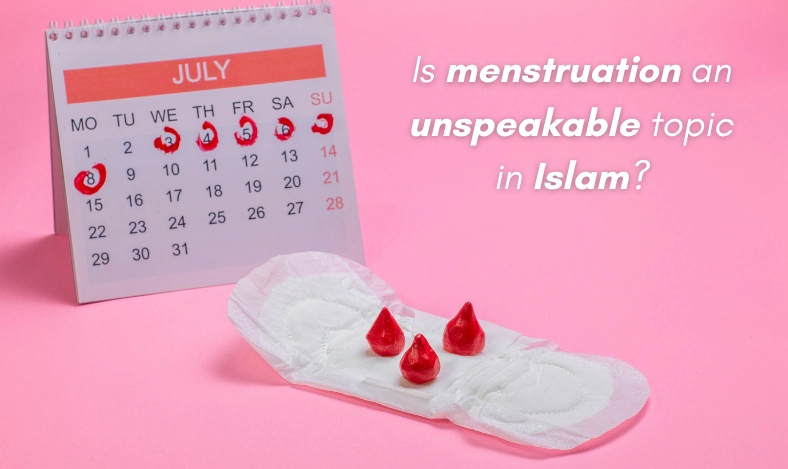Question
Homosexuality has been condemned in the Abrahamic faiths. Some Islamic Scholars have often termed it as an anomaly because, according to them, it goes against the fundamental “scheme” of God, which is based on a heterosexual framework of building the family unit. Some have only condemned engaging in homosexual behavior, referring to Qoum e Lut (they were punished for engaging in homosexual activity), excluding any feelings of attraction one may have towards someone of the same sex to be unpunishable.
Sexuality is not a choice for an individual. If no one “chooses” to be gay or straight, then why does Islam give a “cold shoulder” towards sexual minorities? Isn’t it unfair and inhumane towards someone to be forbidden from seeking same-sex relationships just because they are not heterosexual (a choice they never made in the first place) as some would say the purpose of the entire heterosexual framework is for mankind to reproduce?
Answer
You are correct in noting that the Qur’an explicitly prohibits homosexual acts. Several other Qur’anic passages and Hadith reports further suggest that lesbian relationships are likewise inconsistent with Islamic teachings. The Qur’anic view of human sexuality emphasizes complementarity between the sexes: men have been created as spouses for women and women for men.
You also assert that sexual orientation is not a matter of personal choice. On what basis is this claim made? Even if one were to accept this assertion—which remains a subject of considerable debate—it raises complex ethical and legal questions. For instance, if one’s inclination alone were to be regarded as a sufficient basis for moral acceptance, what principled objection could be raised against paedophilic or incestuous desires? A person might experience a powerful attraction toward a close blood relative—such as a mother to her son, or vice versa. Would such an attraction warrant social and legal validation solely on account of its involuntary nature? Comparable considerations arise about kleptomania. While kleptomania may be a compulsive psychological condition, societies do not accommodate it by decriminalizing theft; rather, individuals are urged to seek psychological assistance. Similarly, a predisposition toward anger does not render expressions of rage morally or legally permissible. In short, the presence of an innate impulse is not, by itself, a sufficient justification for moral or legal acceptance within a normative framework.
It is notable that even within many Western liberal democracies, consensual incest or incestuous marriages among adults remain a criminal offense. Such legal restrictions persist despite the absence of a direct, identifiable victim in many of these cases. The rationale offered is that certain forms of conduct, if normalized, would undermine the moral fabric of society, particularly concerning familial structures. Accordingly, these societies reserve the right to curtail certain personal freedoms to preserve their core ethical foundations.
Analogously, a Muslim society also possesses the right to restrict behaviors it deems detrimental to its religious and moral foundations. The precise modalities of addressing sexual deviance—whether through legal penalties or rehabilitative measures—remain open to scholarly interpretation and juristic discretion. There may be legitimate differences of opinion among qualified scholars concerning the severity of punishment, the presence of mitigating circumstances, and the methods of enforcement. However, the principle itself—that a society may regulate moral behavior in accordance with its foundational values—is neither alien to democratic frameworks nor inherently oppressive. Rather, it serves to protect the collective moral consensus of a community and ensure the transmission of its values to future generations.
Those who find such arrangements incompatible with their own moral outlooks retain the option of seeking alternative jurisdictions that reflect their values more closely. In fact, analogous measures have been undertaken in some Western secular contexts to restrict visible expressions of Islamic identity, such as the hijāb. Justifications for such restrictions vary—from national security concerns to the alleged need to maintain religious neutrality in public spaces. Critics have pointed out that such policies often conflict with the very liberal democratic values they purport to uphold.
In the context of a Muslim polity, adherence to the dictates of the Qur’an and Sunnah constitutes the normative foundation of public morality and legal authority. Legal sanctions against homosexual or lesbian conduct, when enacted through a legitimate and consultative process, are thus not violations of human rights per se. Rather, they reflect the ethical commitments of a community that draws its identity from a religious tradition. Just as Western societies uphold certain values—such as the prohibition of incest—based on cultural and moral reasoning, Muslim societies are equally entitled to uphold their moral boundaries without being bound by external cultural paradigms.
I hope this helps.
Regards,
Mushfiq Sultan
Al-Mawrid









Leave a Reply